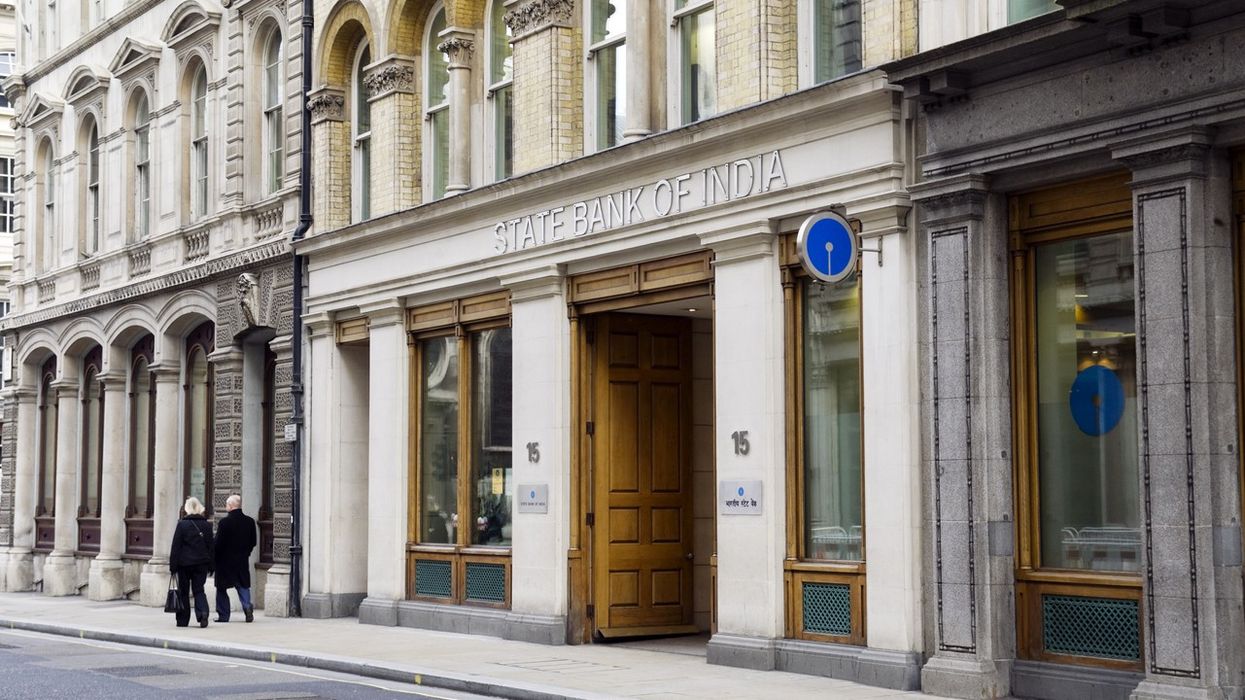The State Bank of India (UK) Ltd (SBI UK) has launched its green tracker mortgage products range for applicants that are purchasing or re-mortgaging a property with an 'A', ‘B’ or ‘C’ EPC rating.
The products will be available for individuals and SPV/LLP/Ltd co-applicants for standard properties.
The two-year tracker rates are offered from 5.00% (BBR + 2.75%), with up to 70% LTV.
SBI UK's executive director and deputy CEO Sanjay Pandey said, "We are happy to come back in the market to help landlords in this crucial time. Our tracker products are well placed to allow landlords to make a conscious decision on their buy-to-let transactions. With our Green Range, SBI UK continues to support the UK’s mission to protect the environment.”
With a rich heritage spanning 200 years, the SBI is one of the top 50 largest banks in the world. It is the largest commercial bank in India in terms of assets, deposits, profits, branches, customers, and employees.
The Indian government itself is the largest shareholder of this Fortune 500 company, with 58.60% ownership.
SBI UK has been operating in the UK for almost 100 years and has grown to become the largest Indian bank in the UK, as well as being the largest international operation of SBI.
SBI (UK) Ltd has 12 branches across the UK at present which are open 7 days a week, covered by the Financial Services Compensation Scheme.
For full details, see the SBIUK Intermediary website here.












